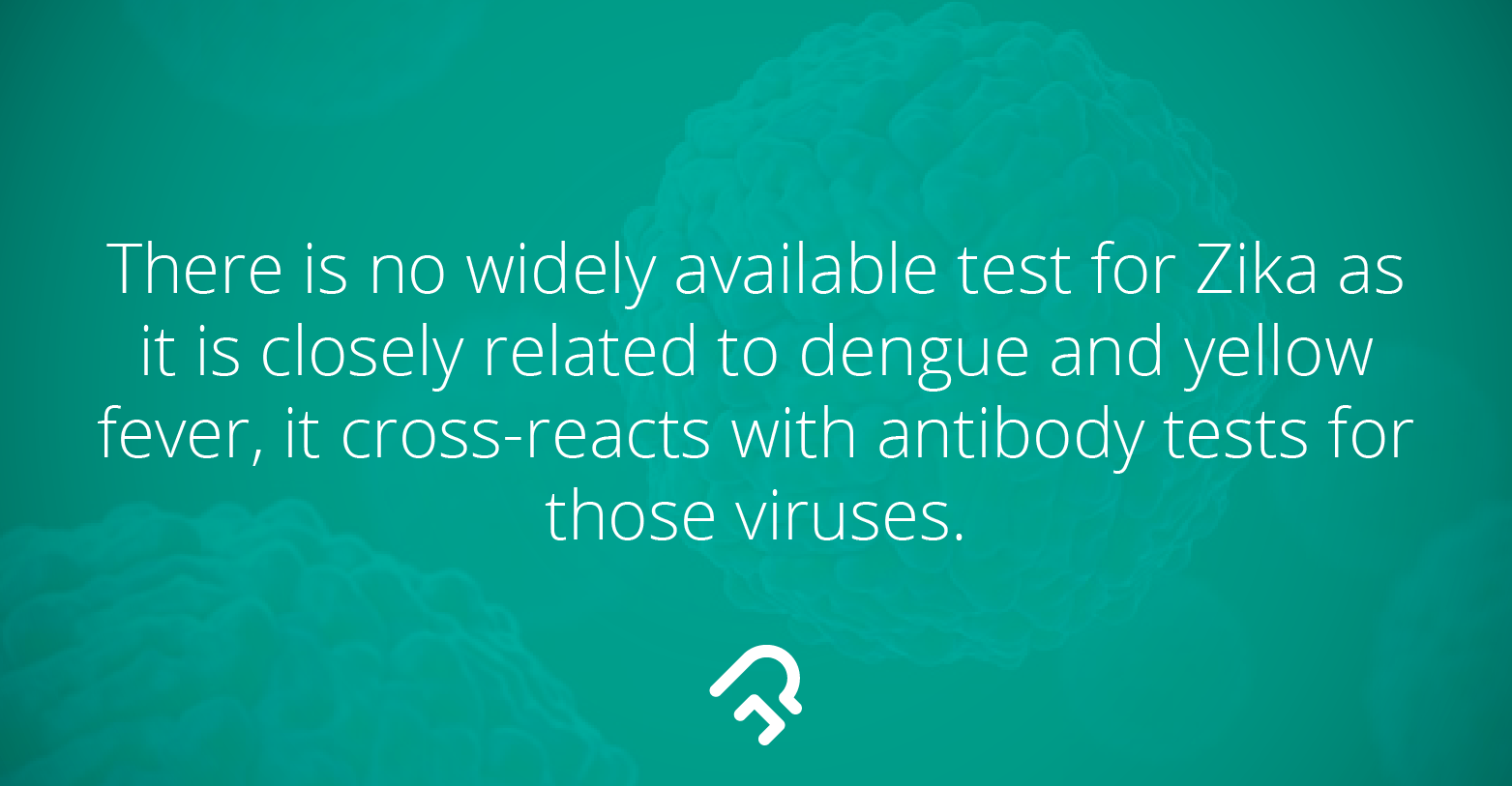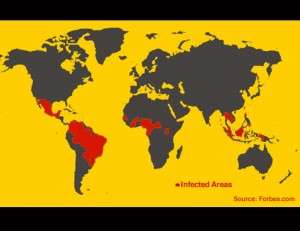A Complete Guide To Zika Virus
By Dhwani Jerajani +2 more

Download PharmEasy App




Register to Avail the Offer
Send OTPBy continuing, you agree with our Privacy Policy and Terms and Conditions
By Dhwani Jerajani +2 more
First case of Zika Virus has been reported from Mumbai, India. Zika sounds like the name of an adorable baby girl, whose parents wanted to make sure their child had a unique name. Unfortunately, Zika is the name of a virus that can adversely affect people of all age groups. Here is a breakdown of the information on the Zika Virus.

Table of Contents

The Zika virus is a single-stranded RNA virus of the Flaviviridae family. Zika disease can be transmitted by the bite of of an infected Aedes species mosquito. Zika disease transmission is similar to dengue, chikungunea, yellow fever and West Nile virus. Although it was discovered in the Zika forest in Uganda in 1947 and is common in Africa and Asia, it did not begin spreading widely in the Western Hemisphere until May, when an outbreak occurred in Brazil. Recently, a 79 year old person from Mumbai, India has been diagnosed with Zika disease.
(i) Zika virus spread can occur during unprotected sexual intercourse with a person infected with Zika virus.
(ii) Can be transmitted from a pregnant woman to her developing baby (foetus).
Now that we have read about the spread of Zika virus disease, lets read about symptoms of zika virus infection. The incubation period (the time from exposure to symptoms) of Zika virus disease is not clear but is likely to be a few days. The symptoms are similar to other virus infections such as dengue, and include:
These symptoms are usually mild and last for 2-7 days.
However, there have been cases of Guillain-Barré syndrome reported in patients following suspected Zika virus infection.
Diagnostic Test For Zika Virus
There is no widely available test for Zika. Because it is closely related to dengue and yellow fever, it may cross-react with antibody tests for those viruses. To detect the virus, a blood or tissue sample from the first week in the infection must be sent to an advanced laboratory so the virus can be detected through sophisticated molecular testing.
Zika Virus Infection during pregnancy
The CDC has determined that contracting the Zika virus while pregnant can lead to microcephaly and other significant brain-related issues in fetuses. In light of the potential risk of microcephaly resulting from maternal Zika virus infection, it is recommended that both fetuses and newborns of pregnant individuals who have been infected with the Zika virus undergo assessment to detect potential congenital infection and neurological complications.
1.There is no vaccine against the Zika virus. Efforts to make one have just begun, and creating and testing a vaccine normally takes years and costs hundreds of millions of dollars.
2.The best mode of prevention of Zika virus spread is by destroying mosquito breeding grounds and reducing the risk of mosquito bites.
3.Zika disease Prevention for Pregnant Women-
Because it is practically impossible to completely prevent mosquito bites, the C.D.C. (Centers for Disease Control and Prevention) has advised pregnant women to avoid going to regions where the virus is being transmitted and has advised women thinking of becoming pregnant to consult doctors before going.
4.Zika disease Prevention for Travellers to Zika virus affected areas- Travellers to affected countries are advised to avoid or minimize mosquito bites by staying in screened or air-conditioned rooms or sleeping under mosquito nets; wearing insect repellent at all times; and wearing long pants, long sleeves, shoes and hats. Use wire mesh on doors and windows; and empty, clean or cover containers that can hold water for mosquitoes breeding.
Though caution is advised, Indians need not panic. Zika is not life-threatening like dengue and chikungunya, and it is a self-remitting disease, so there is nothing to get anxious about.
Since the virus is not indigenous to India, being careful of the vector and taking the same precautions as you would against dengue should help keep the disease at bay.
The most important point is to avoid travelling to affected areas such as Latin American countries like Brazil, and the Caribbean, especially pregnant women and women who are planning a child.
Disclaimer: The information provided here is for educational/awareness purposes only and is not intended to be a substitute for medical treatment by a healthcare professional and should not be relied upon to diagnose or treat any medical condition. The reader should consult a registered medical practitioner to determine the appropriateness of the information and before consuming any medication. PharmEasy does not provide any guarantee or warranty (express or implied) regarding the accuracy, adequacy, completeness, legality, reliability or usefulness of the information; and disclaims any liability arising thereof.
Links and product recommendations in the information provided here are advertisements of third-party products available on the website. PharmEasy does not make any representation on the accuracy or suitability of such products/services. Advertisements do not influence the editorial decisions or content. The information in this blog is subject to change without notice. The authors and administrators reserve the right to modify, add, or remove content without notification. It is your responsibility to review this disclaimer regularly for any changes.
Ref
Comments